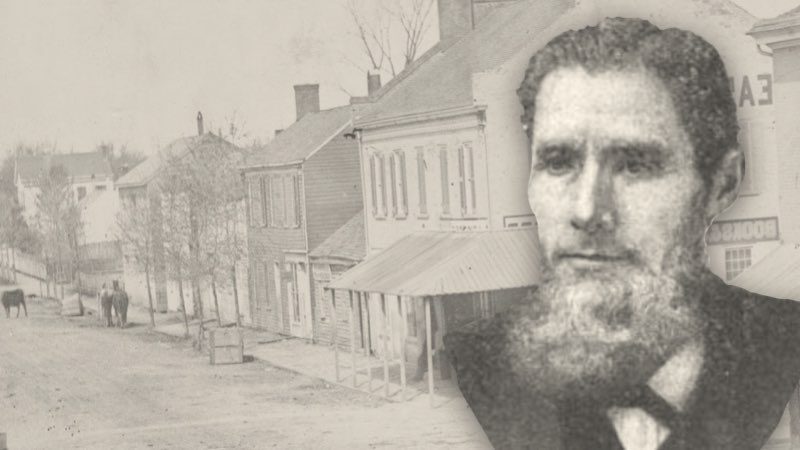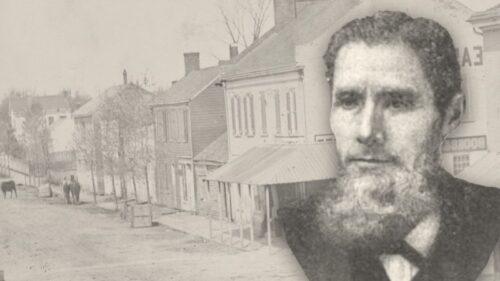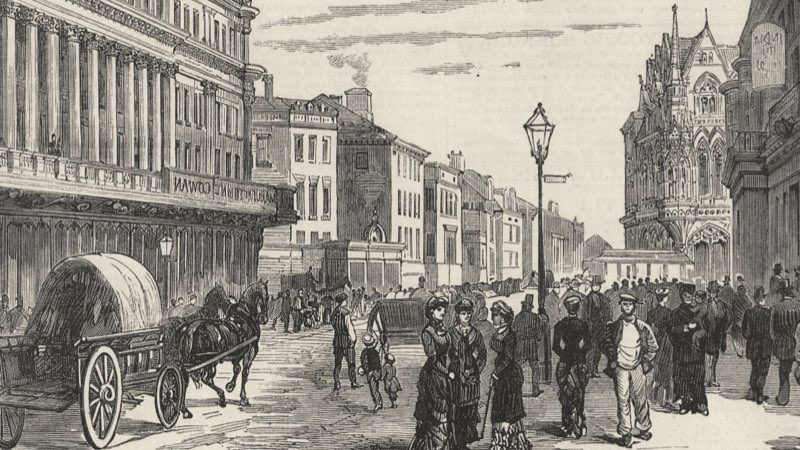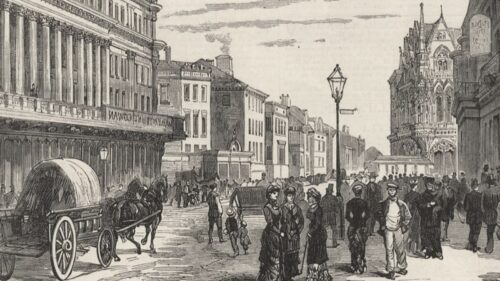-
The Old Paths versus New Divinity: Exemplified by William Huntington and Andrew Fuller
The work of the Banner of Truth Trust proved a great encouragement in my spiritual development and I became an enthusiastic reader of their magazine from its start. Throughout the following years, especially during the seventies and eighties, I was able to break away from my work in Sweden and Germany to attend those inspiring Leicester Conferences which blessed the soul of so many pastors and teachers and gave them a love for Reformed doctrines and personal holiness. In those early halcyon days of theological unity and brotherly love, we young men believed that we were on the verge of a great revival and a return to the Old Paths of evangelism and soul-care which had become overgrown with the weeds of Liberal theology. We…
-
Wesleymania: (A Brief Look At The Current Wesleymania In Our Reformed Churches)
Most books on John and Charles Wesley refer to his religion of the heart. We thus find Leslie Church entitling his biography of John Wesley Knight of the Burning Heart and Arnold Dallimore presenting Charles Wesley under the title A Heart Set Free. Yet there was far more to John Wesley and the Arminian Methodist movement that he founded than ‘utterances of the heart.’ Both Augustus Toplady[1] and George Eayrs[2], to mention two theological opposites, stress that Wesley was a thinker and philosopher and due attention must be paid to John Wesley’s head, a head which even his brother Charles often noticed, did not always go the way of his heart. Wesley’s liberty to contradict himself This fact, i.e. the contrary utterances of Wesley’s heart…
-
“Ask For The Old Paths”
Beloved In The Lord: – It is well that we earnestly give heed to this command to Israel. First, let us be solemnly impressed that it is the Lord who thus speaks to his people, as their covenant and faithful God, and for their spiritual welfare, peace and rest. Next, let us well consider that our best interests, safety and well being, is in asking for the old paths, and walking therein. It was a divine command to Israel to remove not the ancient landmarks, which their fathers had set. “This is the way; walk ye in it.” “Be ye followers of me, even as I also am of Christ.” He says, “I am the Way, and the Truth, and the Life.” Prophets of old…
-
Counterfeit Gospels: God’s Multiple Wills
Many free-willers and duty-faith people who call themselves ‘Calvinists’ speak of two different wills in God which they call His secret and revealed wills. These two sides of God, they believe, run parallel to each other and never the twain shall meet in this life. They tell us that this paradox or seemingly self-contradiction in God will be explained in glory. In other words, they refuse to preach the full will of God as revealed in His full gospel and ban it to that area of thought symbolised by the adage ‘Pie in the sky when you die’! Theirs is a half-gospel which is thus no gospel. Maximising and minimising God’s will Such would-be Calvinists tell us that those who reject duty obedience leading to…
-
Arminianism In The Oven
To The Late Rev. William Huntington, S. S.. Minister Of The Gospel At Providence Chapel, Little Tichfield Street, And The City Chapel, Grub Street. Dear and Honored Father in Christ Jesus, The Lord having (in love to my soul) made choice of your mouth to preach the glad tidings of a finished saltation by Jesus Christ, to the unspeakable joy of my heart, which 1 experienced to be the power of God to deliver me from the guilt and power of sin, the curse of a broken law, the dominion of Satan, and the dread of death and hell: and knowing that you are sweetly taught “to condescend to men of low estate,” I have taken the liberty of dedicating the following discourses to you.…
-
Responsibilities And Duties: Radical Views Expressed By Sam Waldron And Curt Daniel
Our duty-faith friends tell us that their idea of responsibility is synonymous with their idea of duty. For Curt Daniel for instance, recently interviewed by Sam Waldron, the synonyms of responsibility have remained constant since before the Fall. These are: accountability, obedience, duty, liability, obligation, morality and what he calls ‘oughtness’. These terms according to Daniel depict the natural obligations or responsibilities of man towards God which man has always had. In these matters man as a natural agent has always had the freedom to say ‘yes’ or ‘no’ to God. This is because, Daniel says, no man is neutral in his response to God. If man were neutral in his relationship to God, he would have ceased to be man. Thus, even though he…






